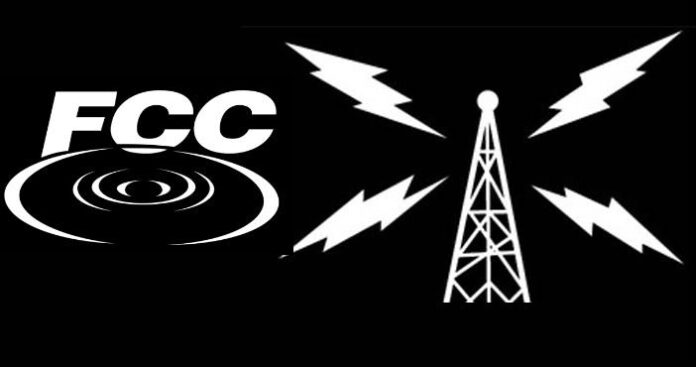FCC circulates draft of 600 MHz auction rules counter to T-Mobile US push
Federal Communications Commission Chairman Tom Wheeler today said he has circulated a draft Order on Reconsideration connected to the upcoming 600 MHz incentive auction that maintains the previously stated 30 megahertz of spectrum reserved for those entities with sparse sub-1 GHz spectrum holdings and a planned auction start during the first quarter of next year.
The set aside rule, which was initially put forth last year in the initial Notice of Proposed Rulemaking, is expected to have the greatest impact on the mobile industry’s two largest players AT&T and Verizon Wireless, though the actual impact is up for debate.
The decision is seen as a blow to the efforts of T-Mobile US and some trade groups that were seeking for at least 40 megahertz of spectrum to be placed outside of the bidding reach of AT&T and Verizon Wireless.
“Low-band spectrum is the holy grail for AT&T and Verizon,” noted Andy Levin, SVP for government affairs at T-Mobile US, in a statement. “If others get it, and the big two have to compete on price, their customers alone would save over $20 billion per year. That’s why everyone with a wireless phone has a stake in the outcome of this proceeding, and the FCC should heed the calls of [the Department of Justice], many in Congress and a slew of consumer groups and move to strengthen the reserve.”
Levin referenced a DoJ letter sent to the FCC asking that the government body balance policy priorities in setting a spectrum reserve amount in order to ensure a competitive market.
“There will be significant spectrum made available in all markets of the country to all bidders,” Wheeler stated. “As a result, consumers will benefit directly from competition in all parts of the country.”
Wheeler also said the FCC will vote on updating rules designed to allow small businesses to compete in the mobile telecom space should they acquire spectrum. These efforts have been run under the FCC’s designated entity auspice, which has a history of controversy.
One of those rules would allow for more flexibility in how small businesses work with their business models, including the potential elimination of rules requiring the offering of facilities-based services. In addition, the FCC plans to vote on a provision to create a new rural business bidding credit designed to attract participation in future auctions by rural service providers.
The FCC is also set to look at increasing transparency in the auction process in a move to “prevent potential gaming or abuse, as well as protect the integrity of the Commission’s auction process.” This need was highlighted in the FCC’s most recent auction in which it has been reported that Dish Network managed to tweak the rules through a pair of bidding entities.
Dish Network did not directly win any licenses in the auction, but instead backed a pair of DEs in SNR Wireless LicenseCo and Northstar Wireless, which prior to the auction were granted DE status as they each reported less than $15 million in annual revenue. DE rules allow for a 15% credit for small businesses, which are those with annual gross revenue of less than $40 million for the preceding three years, and 25% for “very small business,” or those with less than $15 million in annual gross revenue. Dish Network has annual revenue nearing $14 billion.
Wheeler said the FCC would look at capping the total value of bidding credits as well as ensuring that those bidding entities that have qualified for bidding credits are not participating on the behest of larger entities.
“We will not allow small businesses to serve as a stalking horse for another party,” Wheeler stated.
The FCC’s DE program has been a flashpoint since its inception ahead of the PCS auctions in the mid-1990s. The move was initially an attempt by the FCC to inject more competition into the mobile telecom space, with a focus on minority- or woman-owned small businesses. However, established operators have used the rules to partner with entities granted DE status to get their hands on licenses for a discount, a move that had been expected since the beginning.
The FCC has attempted to curtail abuse of the DE program by setting up build-out requirements for licenses that would force operators to put spectrum to work and keep out those that may look to sit on licenses before flipping them to larger operators. Those requirements have met with limited success as license holders have found ways to meet the rules, while in actuality not offering a commercial wireless service.
Q1 2016 start date
In laying out a time frame to begin the auction, Wheeler looks to have gained confidence following a recent court ruling throwing out a challenge from the National Association of Broadcasters questioning the “methodology” used as the basis for its 600 MHz incentive auction rulemaking. That court challenge, which was initiated last August, was a factor in the FCC pushing off the original auction start date from the mid-2015 time frame until next year.
Despite the court challenge, Wheeler has been aggressive in attempting to garner interest from television broadcasters that are being asked to give up some of their 600 MHz spectrum holdings that will in turn be auctioned off to telecom operators.
Bored? Why not follow me on Twitter

